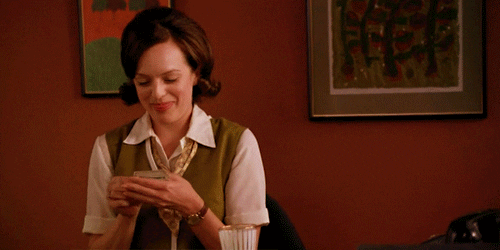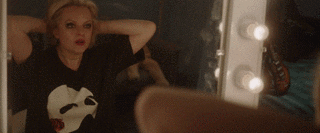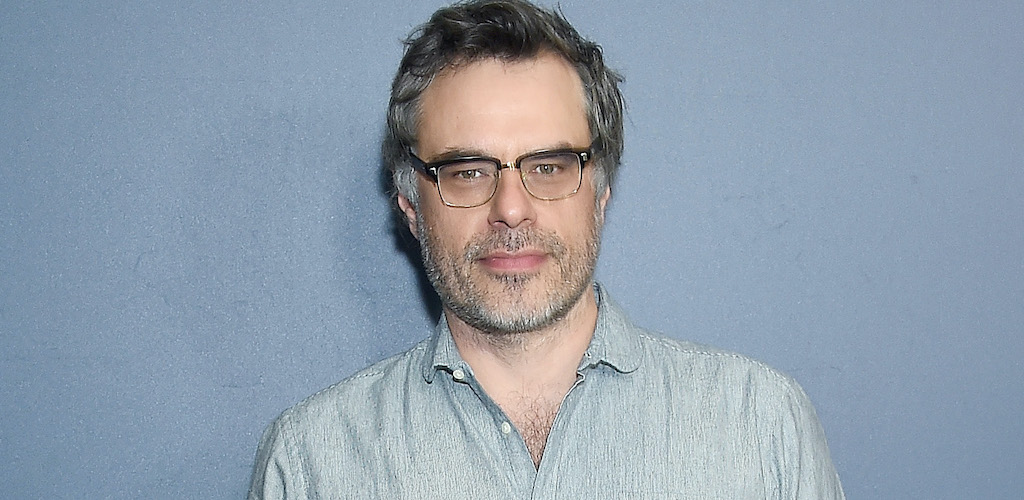
This week on Top Chef, the show followed last week’s truffle hunt in Tuscany with a trip to Parma, to celebrate parmigiano cheese and prosciutto di Parma. On a more personal level, this episode offered Italian-American chef Bryan Voltaggio the promise of being able to get in touch with his roots and really connect with his Italian cousins through a mutual love of food and respect for the culinary traditions.
Let’s check in on how that’s going…
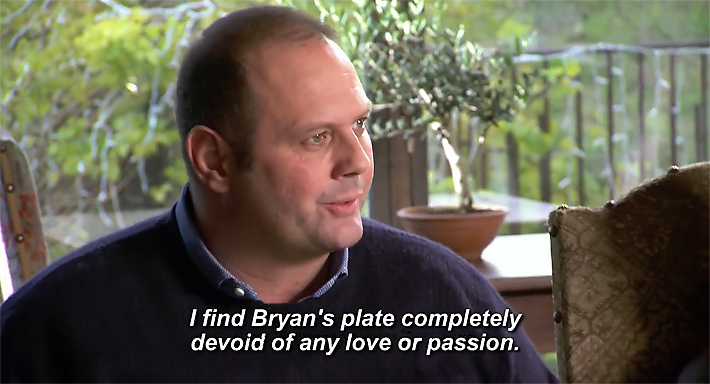
Holy shit, man. Only in Italy is serving cheese improperly tantamount to being unable to please a woman.
This week’s episode took the chefs from the cheese racks of Reggiano to the 14th-century ham cellars of Parma, where Atlanta good ol’ boy chef Kevin got such a huge pork boner that he almost stroked out.
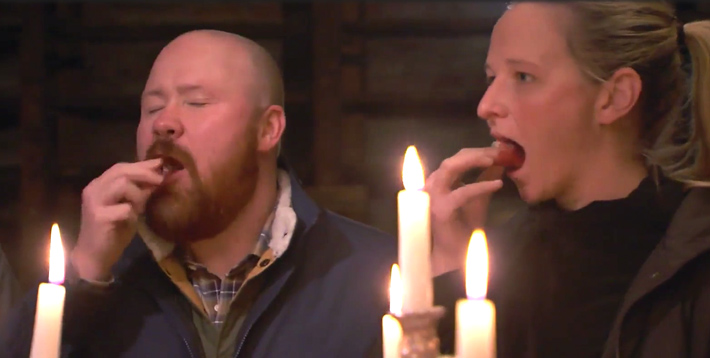
Mmm, meatstroke.
While I’d like to rip on Foghorn Kevhorn for this, I can’t lie, there’s nothing I love more than stuffing meat in my mouth in a dank basement.
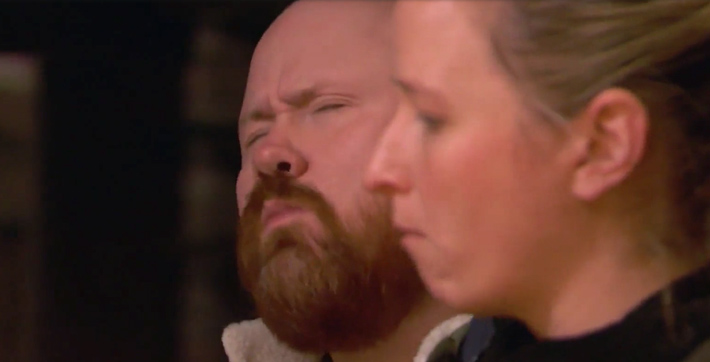
Meanwhile, the girls didn’t do much of note this episode, other than dominate. If this had been a double elimination challenge we’d have an all-female finale. All in all though, this was a very Bourdain-esque episode of Top Chef, with lots of food and travel porn for us poor saps still stuck in our drab, pathetically meat cellar-free houses. Ugh, look at all this bullshit ass cheese, I call myself a man?
The food though, my god. At one point they got to eat pheasant ravioli cooked inside an animal bladder. I don’t even know what animal’s bladder that came from but it looks incredible.
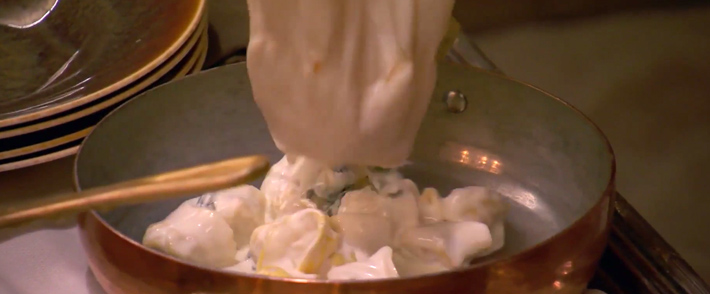
Now there‘s a dish worth doing some product placement for. Thank you for this, Top Chef. I forgive you for the Bush’s baked bean challenge if this is what you spent the bean money on.
Also, a lot of the judges licking their fingers this week.
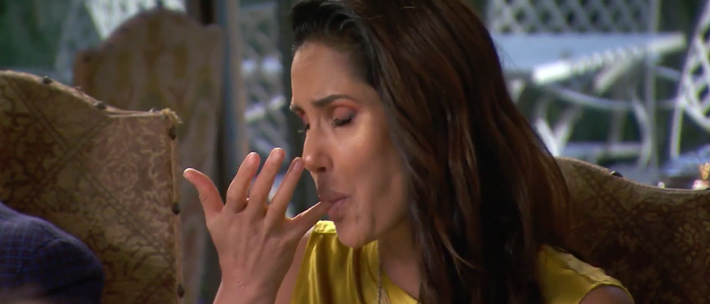
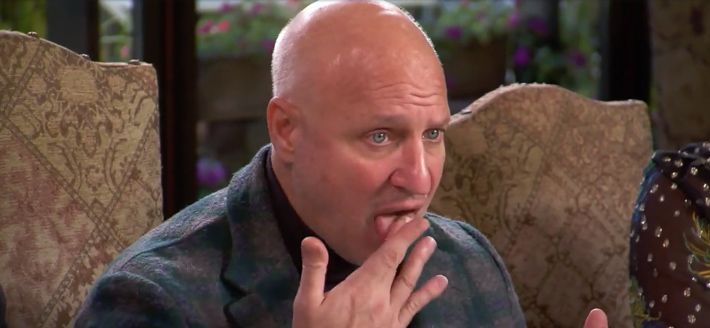
What’sa matter, guys, don’t they have forks in Italy? I said Italians like to talk with their hands, not eat with them, am I right?
The judges for this week’s challenge included Italy’s youngest-ever Michelin starred chef — which is bullshit, give me Italy’s oldest Michelin-starred chef — and Evan Funke (Tobias’ brother?). Who, in old school Top Chef fashion, was introduced as having “created a revolution of how pasta should be made.”
Aw, man, I forgot how much I missed these kinds of hyperbolic introductions. “Oh my God, it’s Sebastian St. George! He’s like the Simón Bolivar of fast-casual French sandwiching.”
Anyway, call it creative editing, but was this week’s elimination the biggest twist of the season or is it just me? Read on!
POWER RANKINGS
4. (-1) ((Eliminated)) Kevin Gillespie
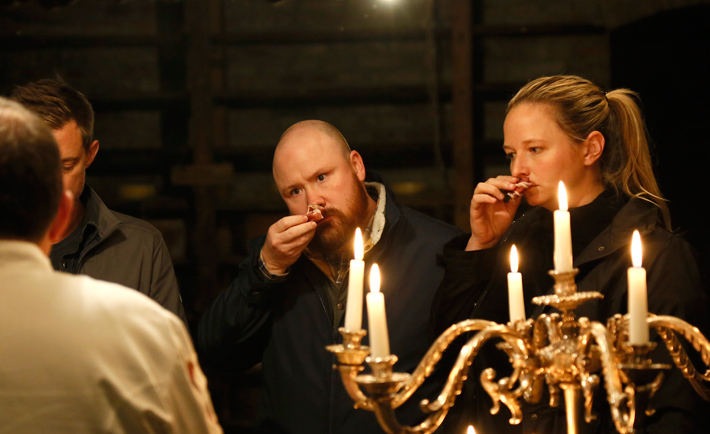
AKA: Hops. Aka Oops All Kevins. Aka Thicc Kev. Aka Foghorn Kevhorn. Aka Meatstroke.
I’ll be honest, I haven’t been the biggest Foghorn Kevhorn fan this season, as I find him to be slightly pompous (see his grandstanding after Restaurant Wars and this week saying he wanted his run on the show to be “a message of hope”). But I did not expect him to go home this week. Not after the Italians questioned Bryan Voltaggio’s masculinity. Though they weren’t exactly complimentary about Kevin either:
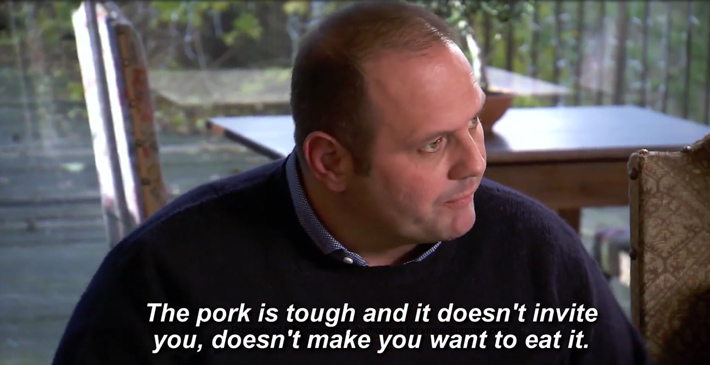
I love how intense this guy is. He’s like a meme of a disapproving father. “Son, the texture of this polenta proves that you will never be successful.”
I suppose the theory was that Thicc Kev, high on his own meat fumes, committed the cardinal sin of not highlighting his prosciutto and instead just stuck it on top of some more pork. The classic “you didn’t highlight the special ingredient enough” critique. You could be forgiven for thinking that the way to please these Italians is to just give their ingredients back to them on a fancy plate. “Using your prosciutto and parmigiano, I have made for you… prosciutto and Parmigiano. Put the prosciutto on top of the Parmigiano, mangiamo.”
Anyway, I’ll be pouring out some pork fat for my man Kev. He consistently cooked food that seemed like the thing I’d be most likely to order.
3. (-1) Bryan Voltaggio
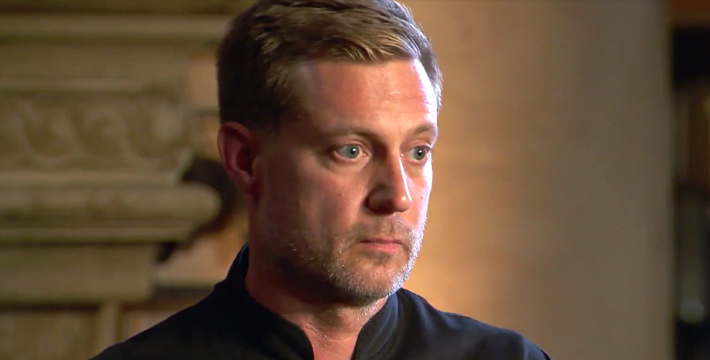
AKA: Flatbill Dad. Aka Bry Voltage. Aka Kyle Shanahan. Aka Linkin Clark Griswold. Aka Family Bry.
Incredible. How did Family Bry stay in the competition this week? I’m just grateful that the cameras were there to capture the exact moment when Padma told him that the Italians said he was soulless, heartless, and without passion for aerating their 36-month-old parmesan. I was hoping for some unnecessarily harsh Italian food critiques and boy, this week’s episode delivered in spades.
They also said his pesto was “neutered” and his violin squash “just stands there and watches while its wife has sex with other men.” Or something to that effect… I might not be translating it quite right.
In retrospect, there may have been some foreshadowing that Bry Guy wasn’t entirely on the Italians’ wavelength:
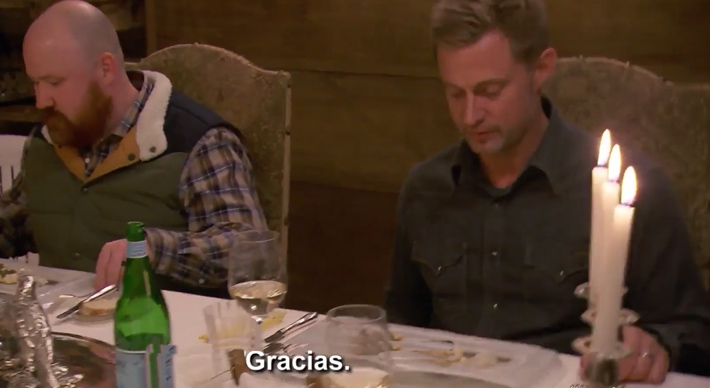
Nice job, man. You are crushing it. Fitting right in. For a second there I was convinced you were a local.
So, the Italians hated his aerated cheese, then they thought his pesto on his fish was bland, and the only thing they complimented him on was how his soulless pasta was cooked. Yet somehow he didn’t go home! It was a big surprise, but I won’t lie to you, I am thrilled that Bry Guy is still in this competition. His constant dad jokes keep me hooked and his staccato dad laugh is this season’s best character. Without Linkin Clark, who would’ve made a joke about cutting the cheese?
2. (+2) Stephanie Cmar
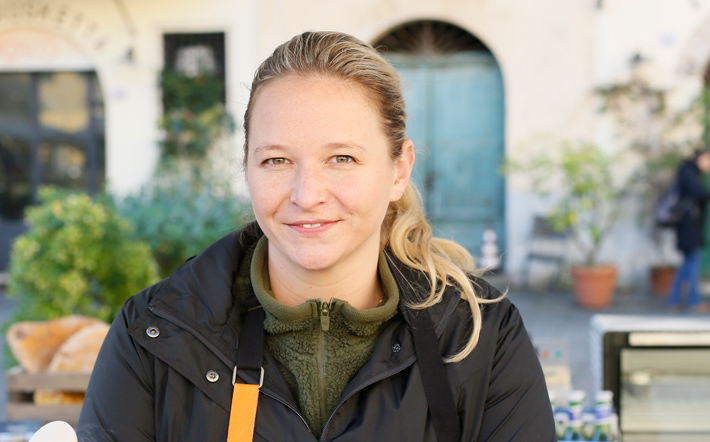
AKA: C-Monster. Aka Underdog. Aka C-Truffle.
The C-Monster has been consistently the funniest contestant the past few episodes (she lost her competition when Nini left the show) and this week she also proved that she’s a legit contender. She had an Italian woman expressly tell her never to cook prosciutto and then made a prosciutto ragu that they loved anyway. The degree of difficulty on that was off the charts. One Italian lady even said “thees eeza like a new paint onna di capella sistina.”
Imagine getting told that you repainted the Sistine Chapel and have it be a compliment and you get an idea how good a week Stephanie had. Besides the fettucini with prosciutto ragu, she made a braised cabbage layered with prosciutto and cheese that one of the Italian judges compared to lasagna. That looked good as hell. Granted it took me 13 weeks to believe that Stephanie could actually beat Bryan Voltaggio but I’m there now.
1. (even) Melissa King
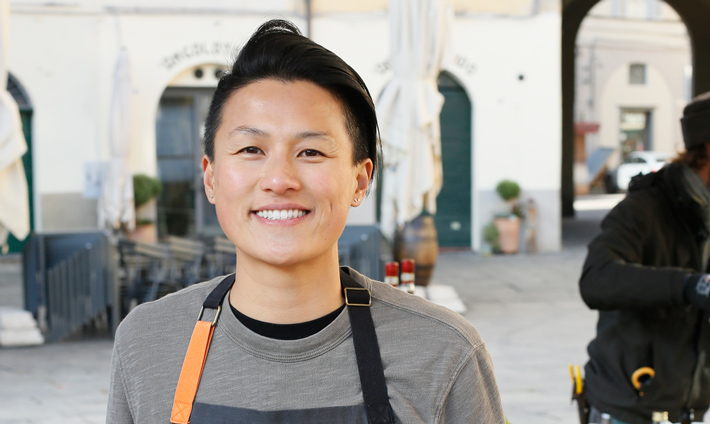
AKA: Zen Master. Aka Dimples. Aka Shutterstock. Aka Valedictorian.
That Stephanie was praised for repainting the Sistine Chapel like it was a compliment and still got beaten by Melissa this week should tell you how much Melissa is dominating this competition. She was even the only chef to acknowledge Bryan trying to speak Spanish in Italy. The show briefly tried to build up Melissa ruining the “egg raft” in her brodo (that’s the thing that makes consomme clear) as if it would turn out to be a costly mistake, but Melissa just tossed it out and made a new one and everything was fine.
This week, she cooked up an anolini en brodo with parmesan and yuzu and a scallop with proscuitto XO sauce and radicchio — tying the local ingredients in with her knowledge of Asian dishes and techniques. Like I said in last week’s rankings, you gotta keep these eye-talians on their heels, and that’s exactly what she did. I was another smash hit for Melissa, giving her three wins in a row. With such a dominant performance, does it even matter if she loses in the finale? Readers, I submit to you that it does not.
Vince Mancini is on Twitter. Read more of his cooking commentary in UPROXX’s Cooking Battles and Viral Cooking. For past Top Chef Power Rankings, go here.

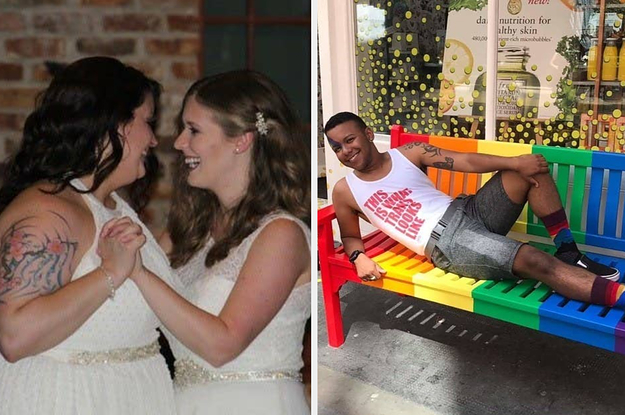

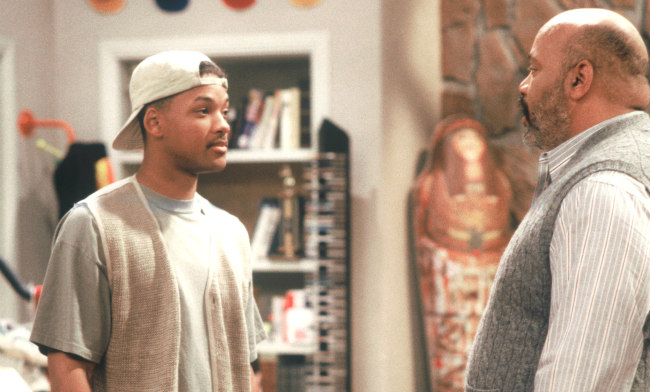
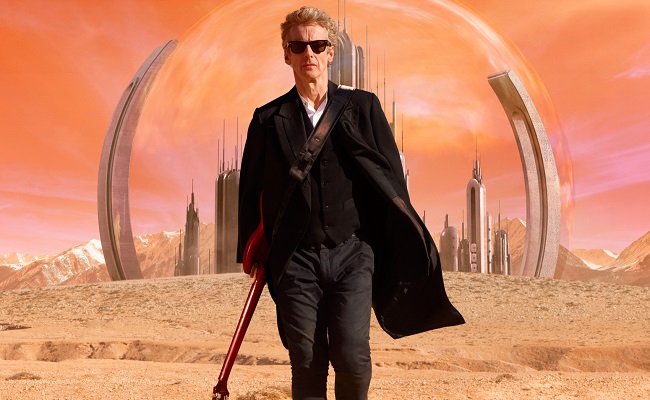
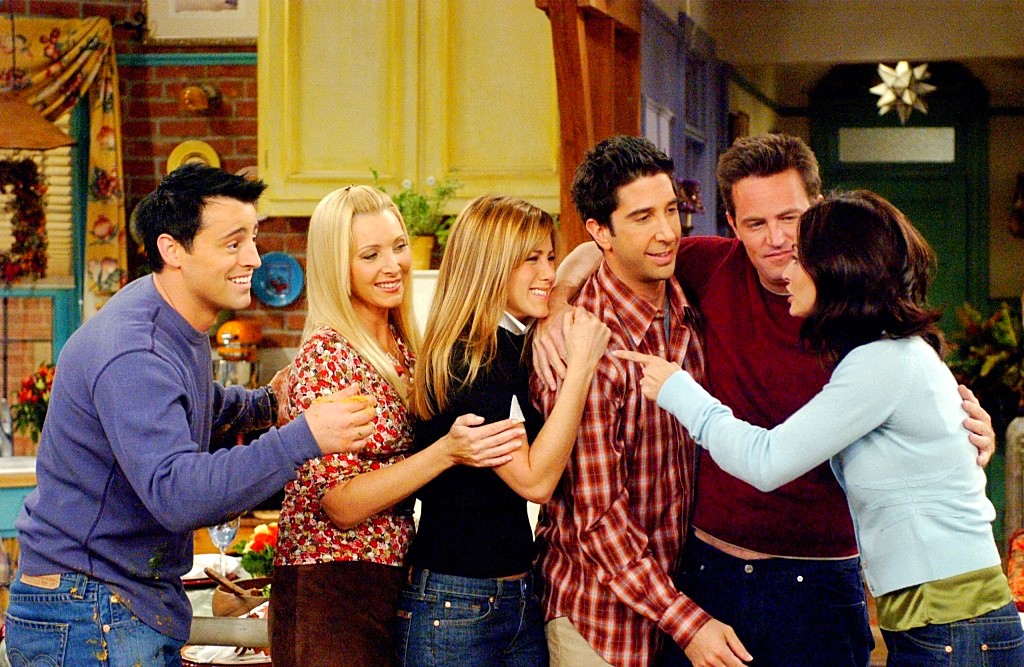




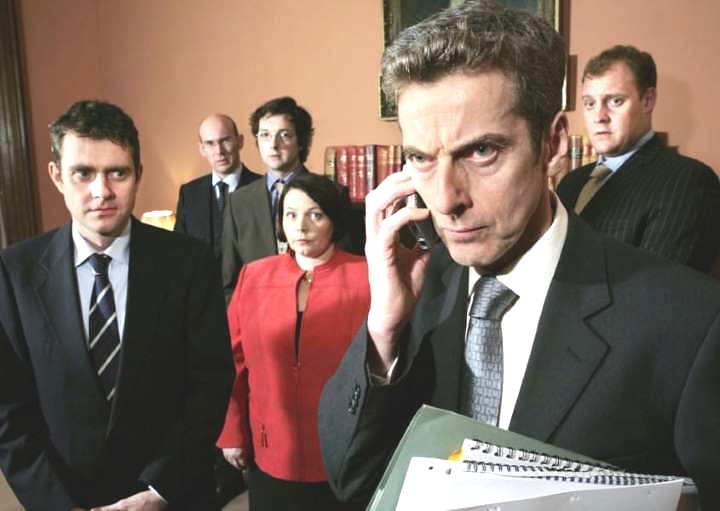
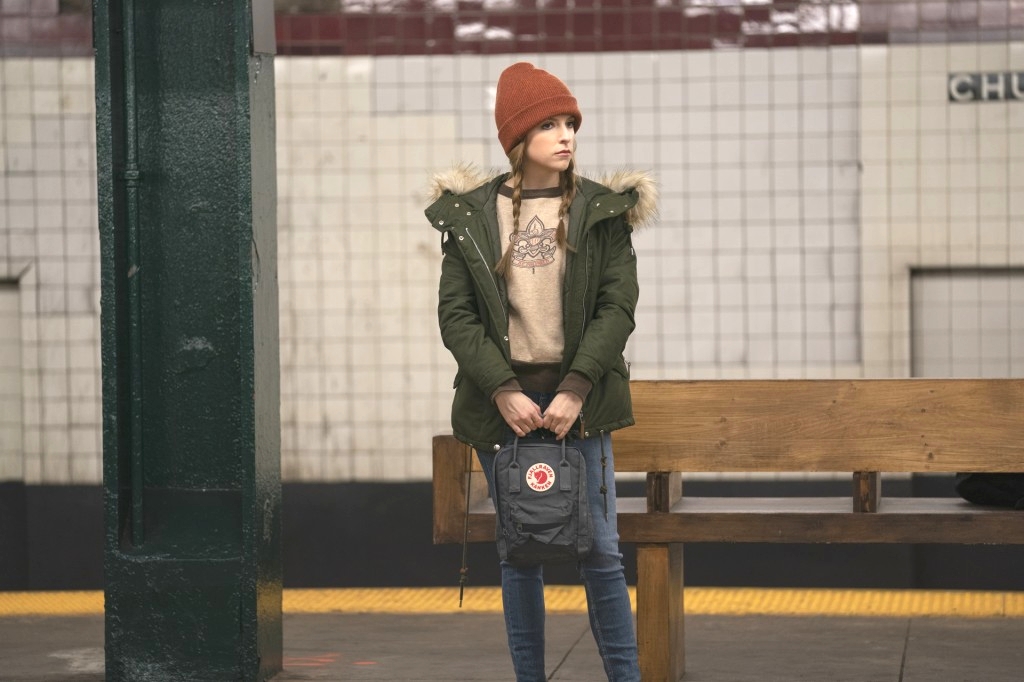

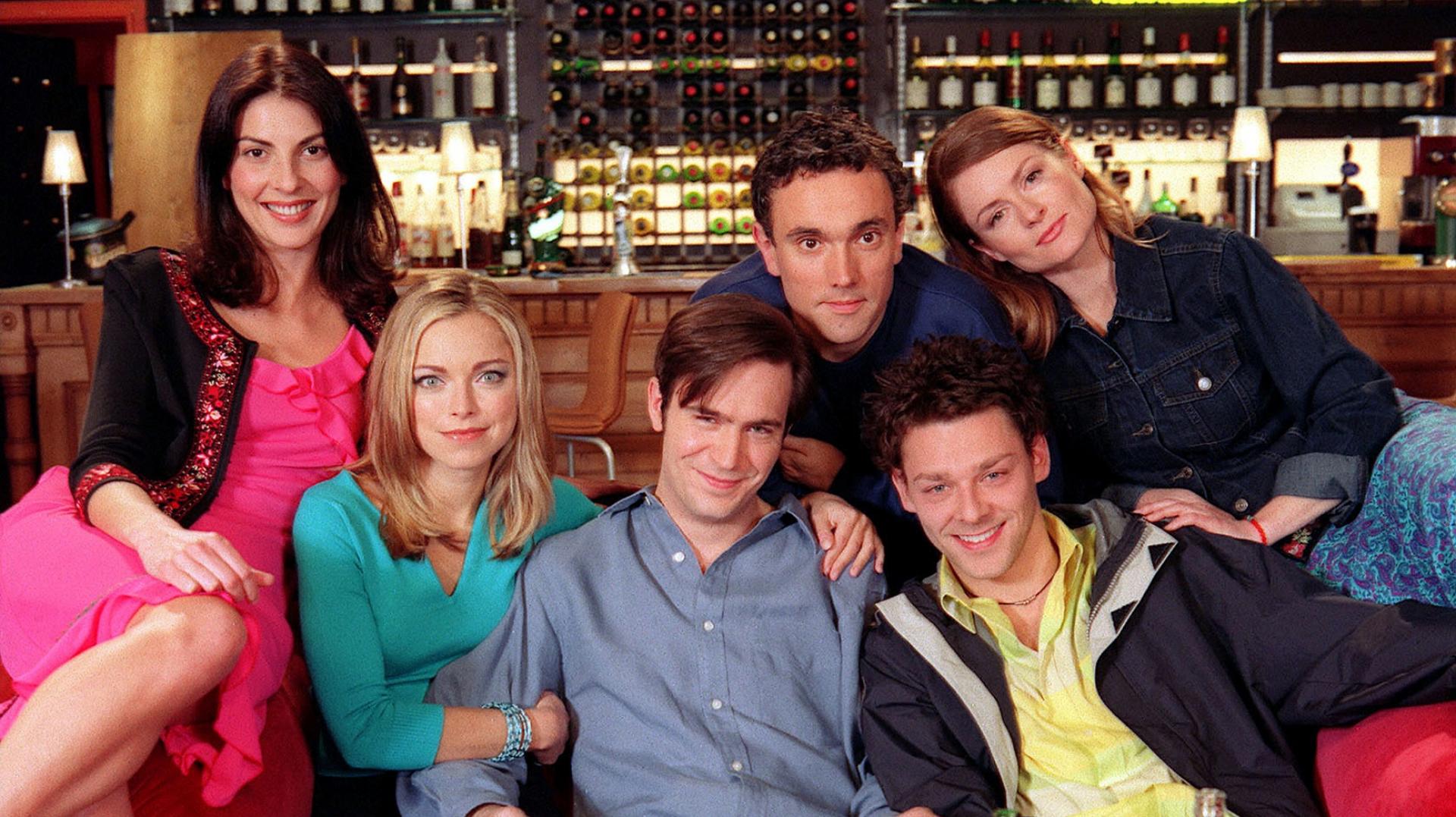

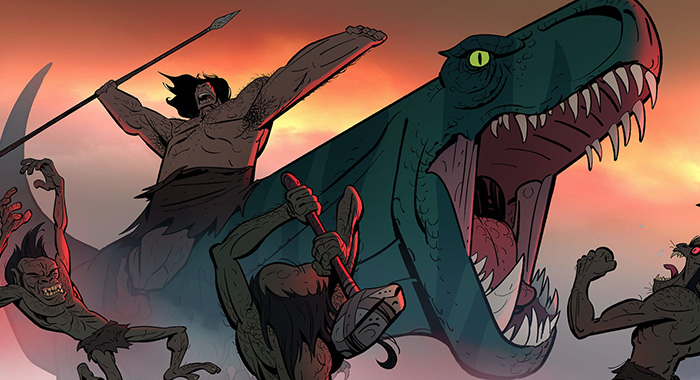
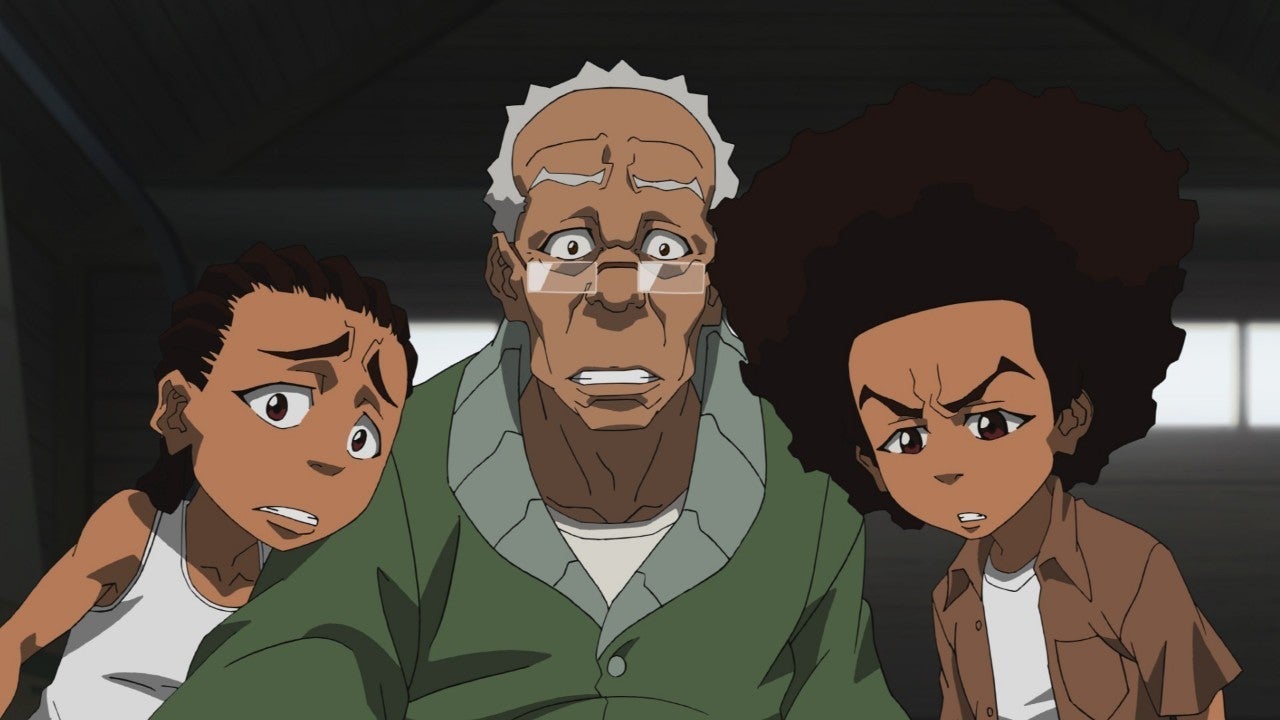
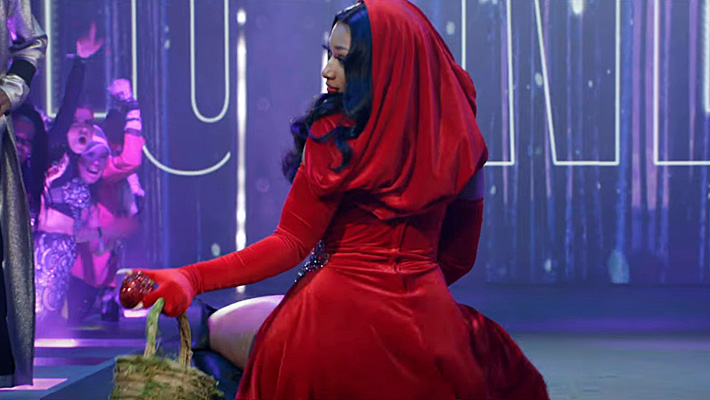





 (@gorovitz23)
(@gorovitz23)  “sensitivity training”
“sensitivity training”  (@annacg99)
(@annacg99) 
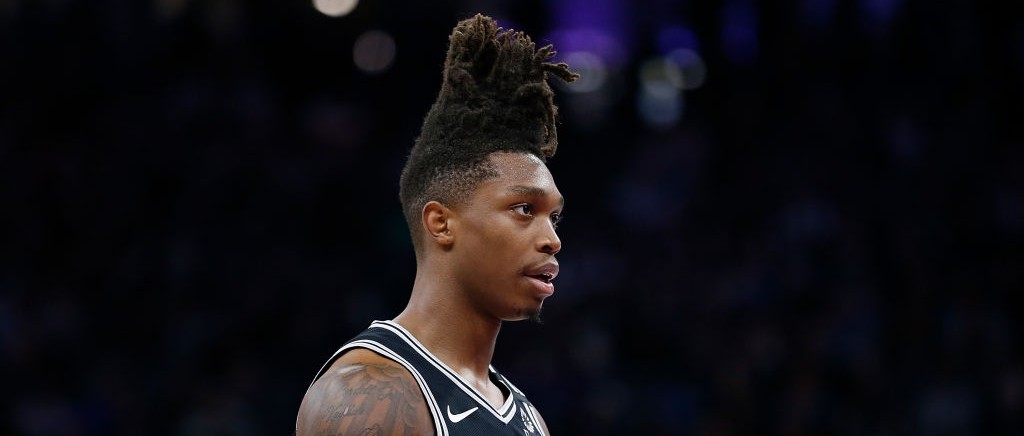
 . I’m gonna be off this for awhile still growing through this. Just know I love each and everyone one of y’all. Peace love and happiness
. I’m gonna be off this for awhile still growing through this. Just know I love each and everyone one of y’all. Peace love and happiness 


